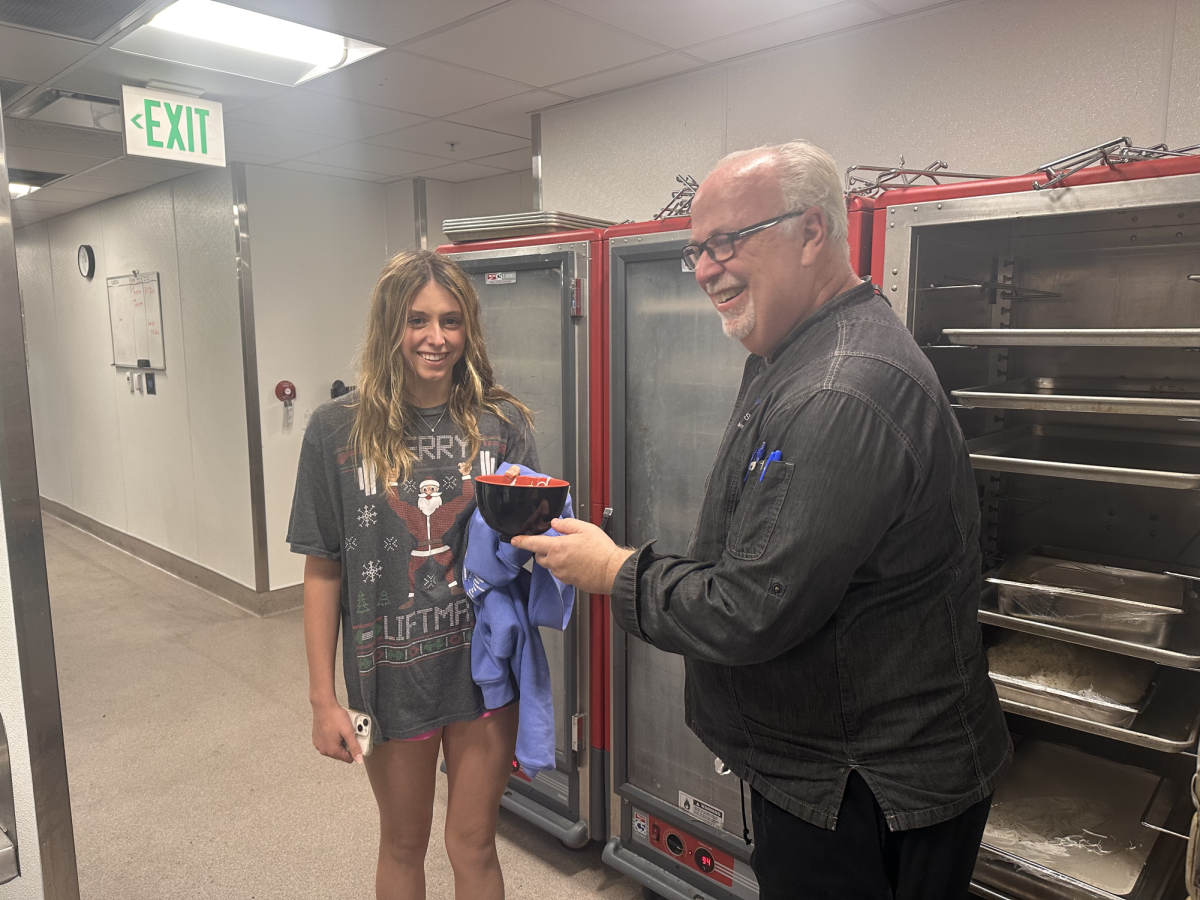While Menlo School seniors must face the harrowing journey of college applications, they also get to enjoy beloved traditions and exciting social events they’ve been anticipating for years. But what happens when communication for these events falls short?
This year’s student-led president’s council is composed of the upper school class presidents, assemblies and activities coordinators. President Jackson Deutch and Vice President Paige Miller, spend an extensive amount of time each Monday planning events, themes, retreats and other bonding activities, especially for those of the senior class.
The senior student council releases these plans each Wednesday; however, a recent struggle has been ensuring that all students catch wind of these activities. Although an effort is being made to include all seniors in class votes, discussions, and messages, the council must find an alternative form of communication with the student body.
While senior and Communications Coordinator Lucinda Schafer handles Upper School communications, Deutch and Miller focus on relaying information relevant only to the senior class. Currently, the two main methods of communication are through a senior Snapchat group chat and through stories posted to the senior class Instagram account. However, Miller acknowledges that these methods have their challenges.
Specifically, though this year’s senior class has 146 students, Snapchat only allows 100 participants per group chat, leaving 46 seniors completely excluded from the conversation. Miller, who works closely with Deutch to create an inclusive environment within the class, shared that she wishes there was an alternative to Snapchat that allowed all seniors to participate in one group chat.
Miller believes the app’s convenience when it comes to spreading information quickly and casually justifies its use. “Snapchat gives us an opportunity to still be a class together but to get away from the formality of school and to be able to talk about things that are too casual to be worth putting in an email,” Miller said. “It encourages casual conversation, which truly is what bonds a grade.”
Miller said that student council members rely on word of mouth to reach the rest of the students with information, as she acknowledges that a part of the class is being left out of the loop when the council relies solely on Snapchat. “We want everyone to know what’s going on and we want everyone to know that they’re invited to all the events,” she said. “The issue is just actually getting the message out there.”
Senior Melanie Lascarez is one of the 46 class of 2024 members not on the Snapchat group message, though she is a Snapchat user. As a result, she missed information on the traditions, such as the senior sunrise. “My friends are on the [Snapchat group chat] so they tell me about different events,” Lascarez said. “But if it weren’t for that, I would have no idea what’s going on.” Though Lascarez wishes there was a better system for spreading information to seniors, she agrees that social media is a better platform than email or WhatsApp.
Miller and Deutch considered using email, WhatsApp or iMessage as alternate methods of spreading information. However, email is too formal and doesn’t enable casual conversation like social media platforms do. “When people receive an email they either ignore it or assume it’s just some school-affiliated event, so they’re not really hyped about it,” Miller said. Additionally, only administrators of the class of 2024 email list are able to send emails to the list, so the student council would have to individually type out all names into their emails.
WhatsApp proposes two challenges: most seniors would have to download the app and create accounts, and there is no guarantee that students will remember to check the app in the first place. The iMessage application only allows 32 members per group chat, eliminating it as an option.
Attempting to reach more students, Miller and Deutch had seniors vote for their first day of school theme via a poll on the story of their class Instagram page. Because the page currently has over 160 followers, they had hoped that almost the entire senior class would see the poll and vote; however, only a little over half of the grade ended up interacting with the story.
Student council does an exemplary job at planning themes, traditions and events that are designed to include every student in the senior class and at expressing them to the students in a lighthearted manner. However, I, for one, know that I am hoping for an inclusive senior year filled with activities that every person will be able to participate in. In order to achieve this, we must explore new social media or messaging platforms that offer the same benefits as Snapchat group chats or Instagram posts in order to truly involve all students in these decisions.
Despite the fact that students would have to download the app and remember to check it for updates, an app like Whatsapp or GroupMe both offer solutions to the number issue and the formality issue. Because Whatsapp allows for 1024 group chat participants, and GroupMe allows for 5000, both are commonly used by schools and companies who need to get messages out quickly and casually. Utilizing a different messaging app will ultimately best allow us to include and form bonds with every single member of our Menlo community.









